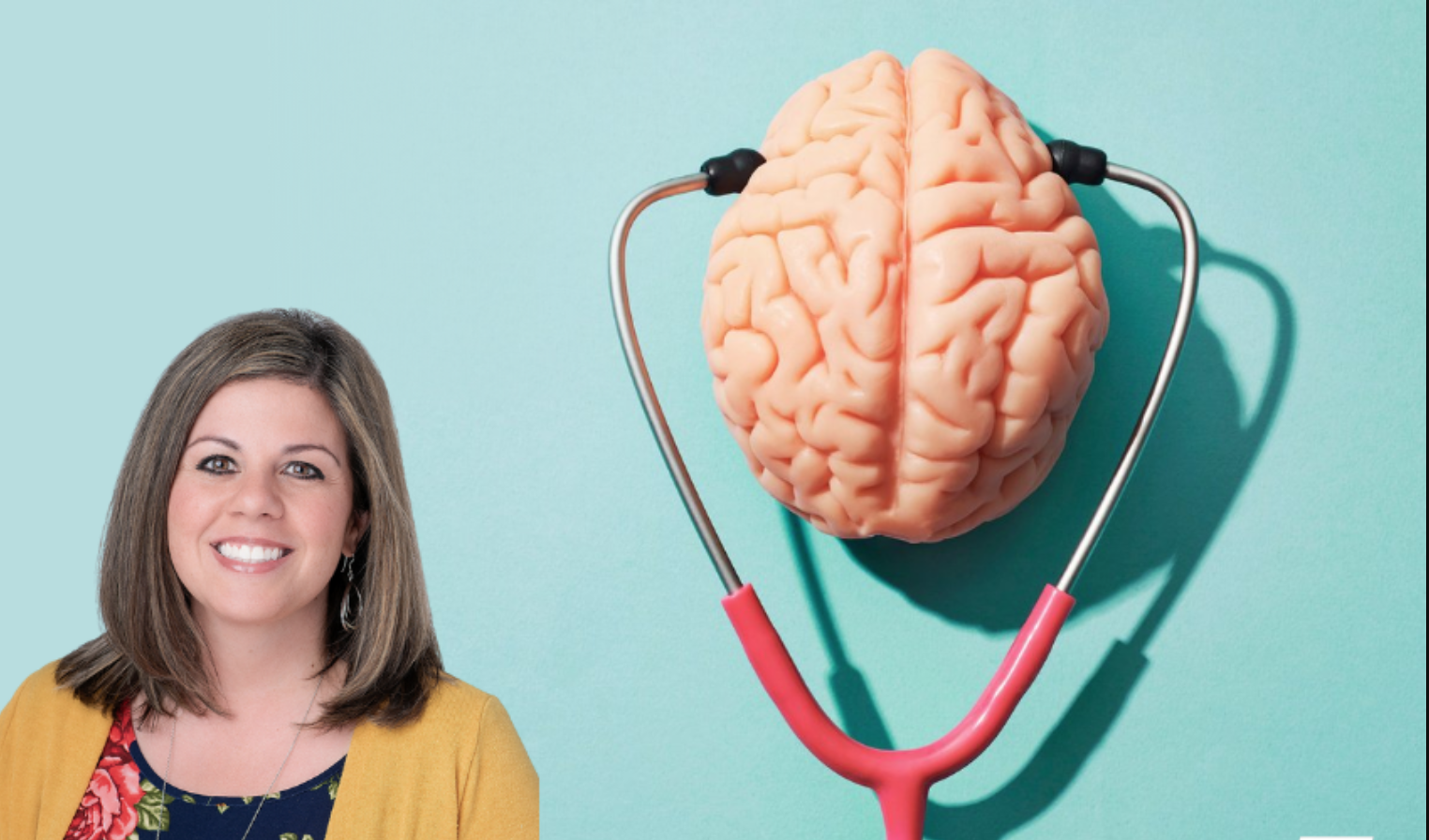
Managing Back-to-School Anxiety: Tips for a Smooth Transition
As the new school year starts, many students and parents find themselves grappling with anxiety. The transition from the relaxed summer months to the structured school environment can be challenging for children and teenagers, triggering feelings of nervousness and stress. At Fast Pace Behavioral Health, we understand the importance of addressing these concerns and providing strategies to help manage back-to-school anxiety. In this blog, we’ll explore practical tips for easing this transition and promoting mental well-being.
Fast Pace Behavioral Health is here to help you navigate this transition with personalized support. To learn more about our virtual services or schedule an appointment visit www.fastpacehealth.com/behavioral-health.
Understanding Back-to-School Anxiety
Back-to-school anxiety is a common experience for many students. It can stem from various sources, including academic pressures, social interactions, and changes in routine. Symptoms of anxiety can manifest both physically and emotionally, such as:
- Physical Symptoms: Stomachaches, headaches, fatigue, and difficulty sleeping.
- Emotional Symptoms: Irritability, mood swings, excessive worry, and fear.
Recognizing these signs is an important step in addressing and managing anxiety effectively.
Tips for Managing Back-to-School Anxiety
Our Behavioral Health Team recommends several strategies to help manage back-to-school anxiety:
- Establish a Routine
Creating a consistent daily routine can provide stability and predictability, crucial for helping reduce anxiety. Gradually reintroduce school-related activities into your child’s schedule, such as waking up early, setting mealtimes, and organizing study periods. This can help ease the transition and prepare them for the upcoming school year.
- Open Communication
Encourage open and honest communication with your child about their feelings and concerns. Let them know that it’s normal to feel anxious about returning to school and that you’re there to support them. Validate their emotions and provide reassurance. Sometimes, simply talking about their worries can help alleviate anxiety.
- Visit the School
Familiarizing your child with their school environment before the first day can help reduce anxiety. Take a trip to the school, walk around the campus, locate classrooms, and meet teachers if possible. This exposure can help make the environment feel more familiar and less intimidating.
- Practice Relaxation Techniques
Teaching your child relaxation techniques can help them manage anxiety effectively. Techniques such as deep breathing exercises, progressive muscle relaxation, and mindfulness meditation can be beneficial. Practicing these techniques regularly can help equip your child with tools to use when they feel anxious.
- Create a Positive Mindset
Encourage your child to focus on the positive aspects of returning to school, such as seeing friends, participating in favorite activities, and learning new things. Help them set realistic goals and emphasize their strengths and past successes. Positive reinforcement can help boost their confidence and reduce anxiety.
- Limit Exposure to Stressors
Minimize exposure to potential stressors, such as excessive screen time and social media. Negative news and social media comparisons can exacerbate anxiety. Instead, encourage engaging in activities that help promote relaxation and joy, such as reading, drawing, or spending time outdoors.
- Promote Healthy Habits
Maintaining a healthy lifestyle is essential for managing anxiety. Ensure your child gets adequate sleep, eats nutritious meals, and engages in regular physical activity. Physical exercise has been shown to help reduce anxiety and improve mood.
- Seek Professional Help
If your child’s anxiety persists or worsens, consider seeking professional help. A mental health professional can provide tailored strategies and support for managing anxiety. At Fast Pace Behavioral Health, our experienced team is here to offer comprehensive care and guidance through our virtual services, accessible from the comfort of your home or our many clinics.
Fast Pace Behavioral Health: Your Partner in Mental Well-Being
At Fast Pace Behavioral Health, we are dedicated to supporting the mental well-being of children and adolescents. Our compassionate team is equipped to provide individualized care and evidence-based treatments for anxiety and other mental health concerns. Our virtual behavioral health services make it easy to access the help you need from the privacy of your own home or our many clinics. Visit Fast Pace Behavioral Health at www.fastpacehealth.com/behavioral-health to learn more.
Nikita Duke, DNP, PMHNP-BC, VP of Operations-Behavioral Health at Fast Pace Behavioral Health, emphasizes, “Each year children start school is an opportunity to write a new chapter in their book. Helping to change a child’s mindset can help make this a good story.”
Conclusion
Back-to-school anxiety is a common experience, but with the right strategies and support, it can be managed effectively. Establishing routines, encouraging open communication, practicing relaxation techniques, and promoting healthy habits can all help ease the transition. If your child needs additional help and resources, Fast Pace Behavioral Health is here to support you. Contact us today to learn more about our virtual behavioral health services and how we can help your family navigate back-to-school anxiety. Visit www.fastpacehealth.com/behavioral-health for more information or to schedule an appointment.
For more information, visit the following sources:
- American Psychological Association: https://www.apa.org/topics/children/school-anxiety
- National Institute of Mental Health: https://www.nimh.nih.gov/health/topics/anxiety-disorders
- Anxiety and Depression Association of America: https://adaa.org/find-help/by-demographics/children-anxiety-depression#At%20School
Related Resources


